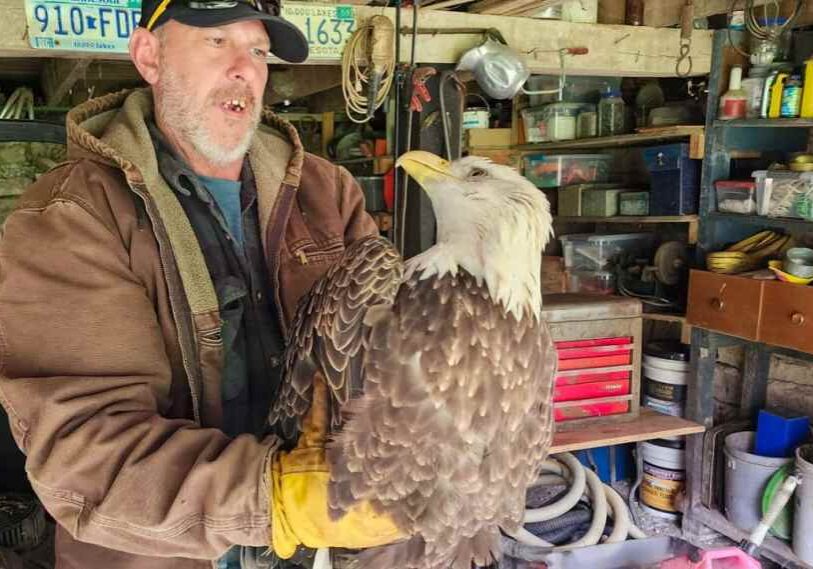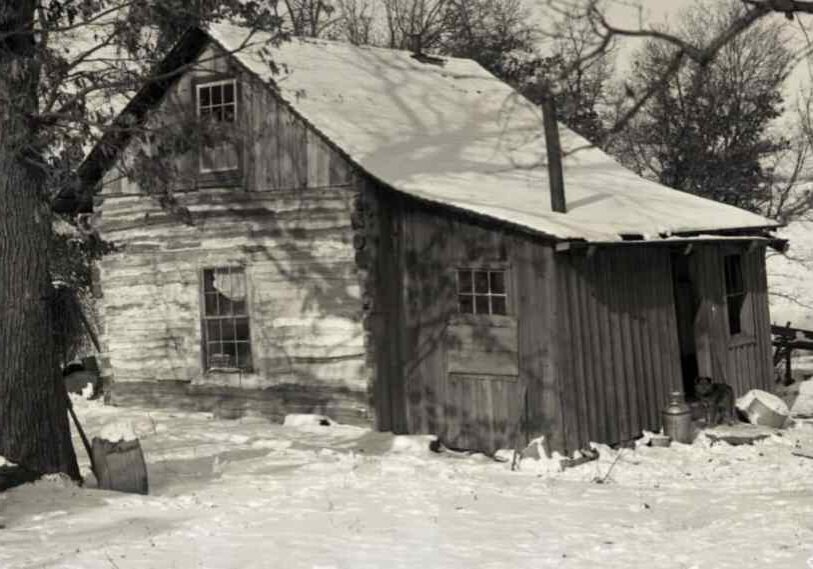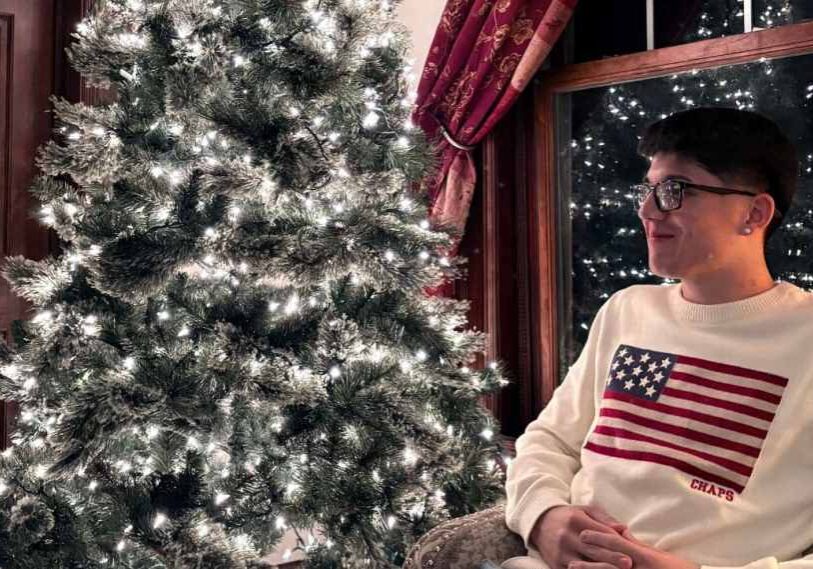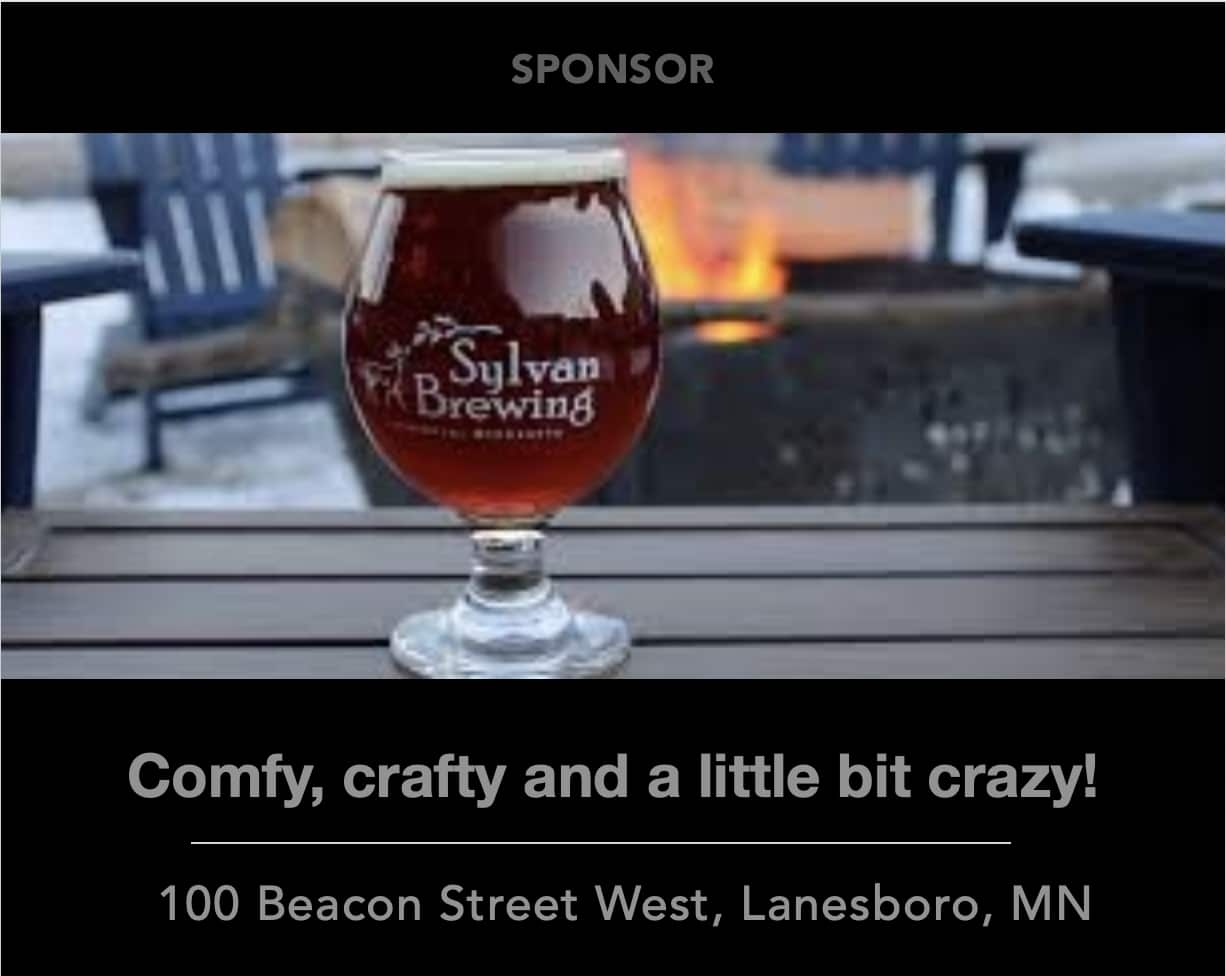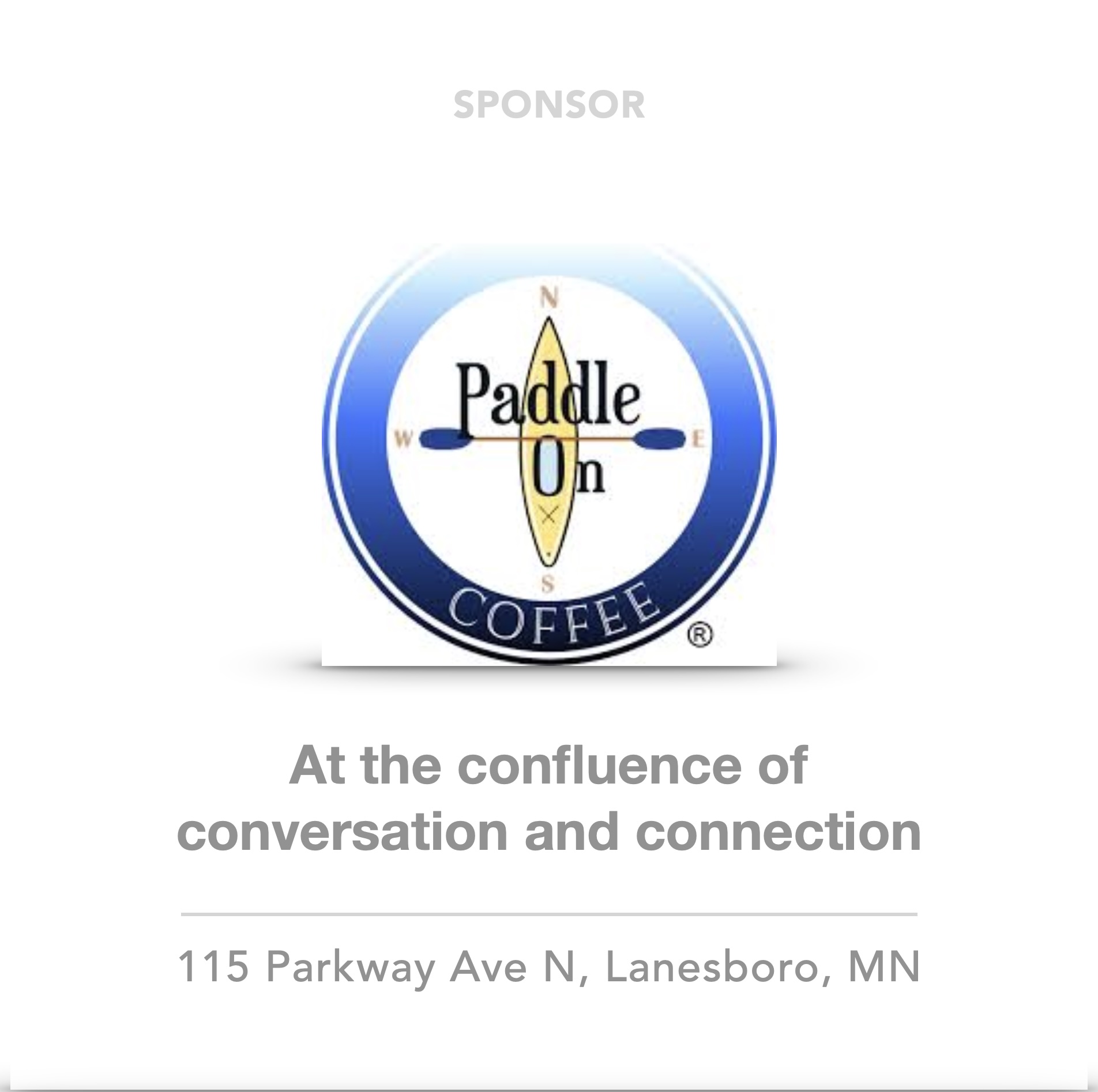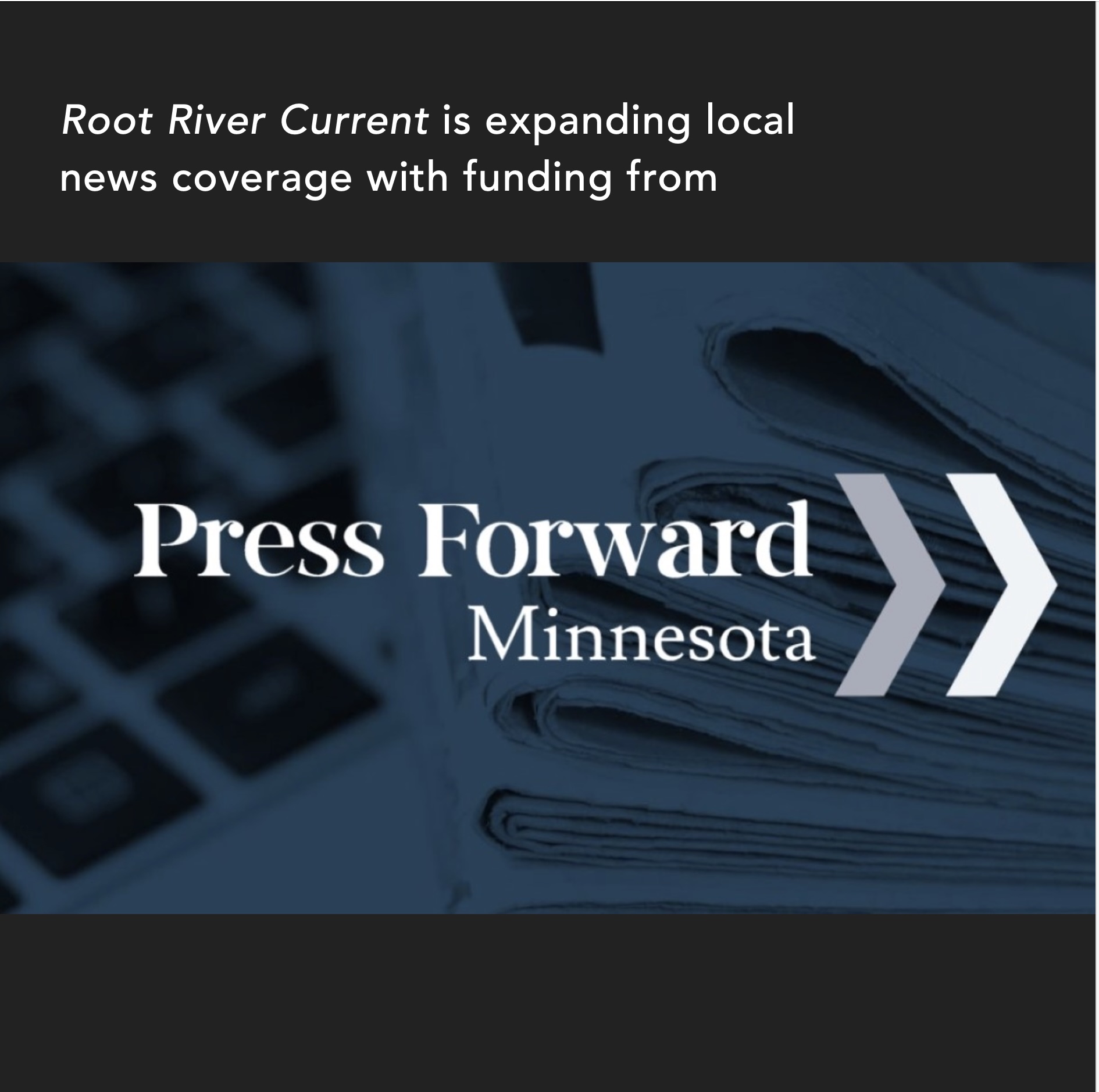A Life Lived, A Challenge Faced, A Story Told
From education to weaver to writer, Renée Bergstrom is still telling her story.

CARROLTON TOWNSHIP, FILLMORE COUNTY – Renée Bergstrom can do many things well. She has been a wife, a mother, a grandmother, a patient educator at the Mayo Clinic, a painter, a photographer, a gardener and a weaver over the course of many years (she turned 81 last May).
Last year Renée added a new skill to that list: influencer of public opinion, writing essays appearing online and in published journals across the United States.
That new adventure began when she learned about a fellowship being offered by Equality Now, a nonprofit founded three decades ago to advocate for the human rights of women and girls, in partnership with The OpEd Project that typically works with universities.
The fellowship named Public Voices Fellowship on Advancing the Rights of Women and Girls created a cohort of 20 women from around the world for training and mentoring in the skill of writing and publishing “op-eds” (an early newspaper term for “opposite the editorial page”). Renée applied and was chosen from among numerous applicants to be one of those 20.

The graphic OpEd Project logo. (Photo courtesy of Equality Now)
“I was thrilled to get the news of my acceptance,” she says. “I was challenged, too. I wondered if I would be able to accomplish the goal of having two op-eds published. But I was eager to try.”
Renée joined her other cohort members in New York City in September, 2024, for initial orientation and training. (They have since met virtually for three additional training sessions, most recently in May).
She found herself meeting and learning with women of all ages from places like Pakistan, India, Russia, Mexico and the United States. They learned how to choose topics, how to write op-eds and how to pitch them for publication. Her two main coaches during the course of the fellowship project were Martha Southgate from New York and Chloe Angyal from Iowa.
A key question asked of each participant at the beginning of their training helped Renée select her first topic. “They asked us, ‘what are you an expert in?’” she remembers. “I am a survivor of female genital mutilation/cutting, or FGM/C. For a number of years, I have been speaking to second-year med students at the Mayo Clinic Alix School of Medicine about my experience. That was a topic I could and should write about.”
Choosing to share her story through an op-ed was another step in a long journey for Renée, and not an easy one. FGM/C is deeply personal subject, obviously.

Twenty women were chosen to participate in the “Public Voices Fellowship on Advancing the Rights of Women and Girls” including Renée Bergstrom (far right, top) from rural Lanesboro. (Photo courtesy of Equality Now)
Also known as female genital cutting or female circumcision, it involves the ritual removal of some or all of the external female genitalia for nonmedical reasons. The procedure is primarily done on young girls between infancy and 15 years of age before the onset of puberty.
It is estimated that more than 200 million women have undergone the procedure, the majority of them in dozens of countries spread across Africa and the Middle East. It has also been documented in the United States. “It was performed on me by a doctor in North Dakota when I was very little,” says Renée.
FGM/C is now widely recognized as having long-term physical and psychological harm. “It is, simply put, an atrocity,” Renée has written.
FGM is typically associated with cultural and religious beliefs, some going back thousands of years, that view it as a protection of a girl’s sexual purity and morality, and as a mark of submission and obedience in preparation for marriage. Modern medical practice, along with women’s rights movements globally, are increasingly denouncing the practice. Although banned by the United Nations General Assembly in 2012, nearly one hundred countries still practice it. In the United States only 38 states have passed laws against it.
“An international goal was set to end FGM/C worldwide by 2030,” Renée says. “I am afraid we will not reach it, but I and so many others are willing to keep challenging the practice of cutting girls. Even if it does not end in our lifetimes.”
Sharing her personal experience and speaking out against FGM/C is something Renée first considered nearly four decades ago. “As a young adult I sensed the need to speak out publicly against it,” she later wrote, “but I feared repercussions, so I remained silent. My courage developed gradually.”

Renee Bergstrom has done it all from teacher to writer to weaver. (Photo courtesy of Renee Bergstrom)
A key turning point came when Renée was invited by the Lutheran World Federation to spend two weeks in Geneva with members of international organizations working to end FGM/C. One specific moment during that trip changed everything.
“One weekend I traveled into the Alps and toured an art gallery in an old castle. At the top of the turret stairs was a patio with a bronze statue of a young man that looked like my brother who had died 18 years earlier. I felt like God was giving me a hug. I took that as a sign that I should continue to denounce FGM.”
Renée had found her story – and more
Finding her story alone didn’t fully prepare her to tell it. She went back to school and finished two undergraduate degrees, graduate degrees and her doctorate in 2009. She also developed her career as a professional educator in the medical field. “All of that prepared me and helped build my credibility,” she explains.
Doors soon began to open for Renée to tell her story. Journalists and anti-FGM activists from around the world contacted her for interviews. (Three even traveled to her Minnesota home, a researcher from London, a photojournalist from Helsinki and a CNN reporter from Atlanta.)
In October 2021, she received a “Survivor Activist Award” from the Global Woman P.E.A.C.E. Foundation. Most recently she traveled to Los Angeles where her story is featured in a new docuseries called “Unmuted,” produced by Without Exception Films.
“Constance Wu was the actress who interviewed me for the film; while we sat in the studio, I taught her how to weave,” Renée says with a smile.
Dr. A. Renée Bergstrom has now successfully written nearly a dozen op-ed pieces for Equality Now and The OpEd Project. She has published seven of those, in print and online, in places including Women’s News, Baptist News Global and the Decorah Leader. One was picked up by MSN.
She began with powerful pieces denouncing and condemning FGM/C. She has gone on to write op-eds about current attacks on religious freedom, the power of local political protest, the need for climate change curriculum, and how creativity can help kids with anxiety or depression, an essay published here by Root River Current.
How does she choose the topics she wants to write about? “I pay attention to news and current events,” she explains, “with a special eye for items with a personal or local connection.
“In our training we learned to ask: ‘do I have a unique angle on this story?’ and ‘do I have something to say about this topic or event that might be useful?’ That gets my writing process started.”
Renée found her story and the courage to tell it. She is still doing that, and plans to keep doing it, even in her later years.
“I thought about sharing my story for a long time before it actually happened. There were many reasons why I should not do it. But I did it. My story is out there. I feel good about that, even if one girl is saved from being cut.”
- End FGM/C Network (prevention efforts both in the U.S. and abroad)
- Global Woman P.E.A.C.E Foundation (focusing on the U.S. and West Africa)
- Sahiyo (emphasis on Asian communities).
